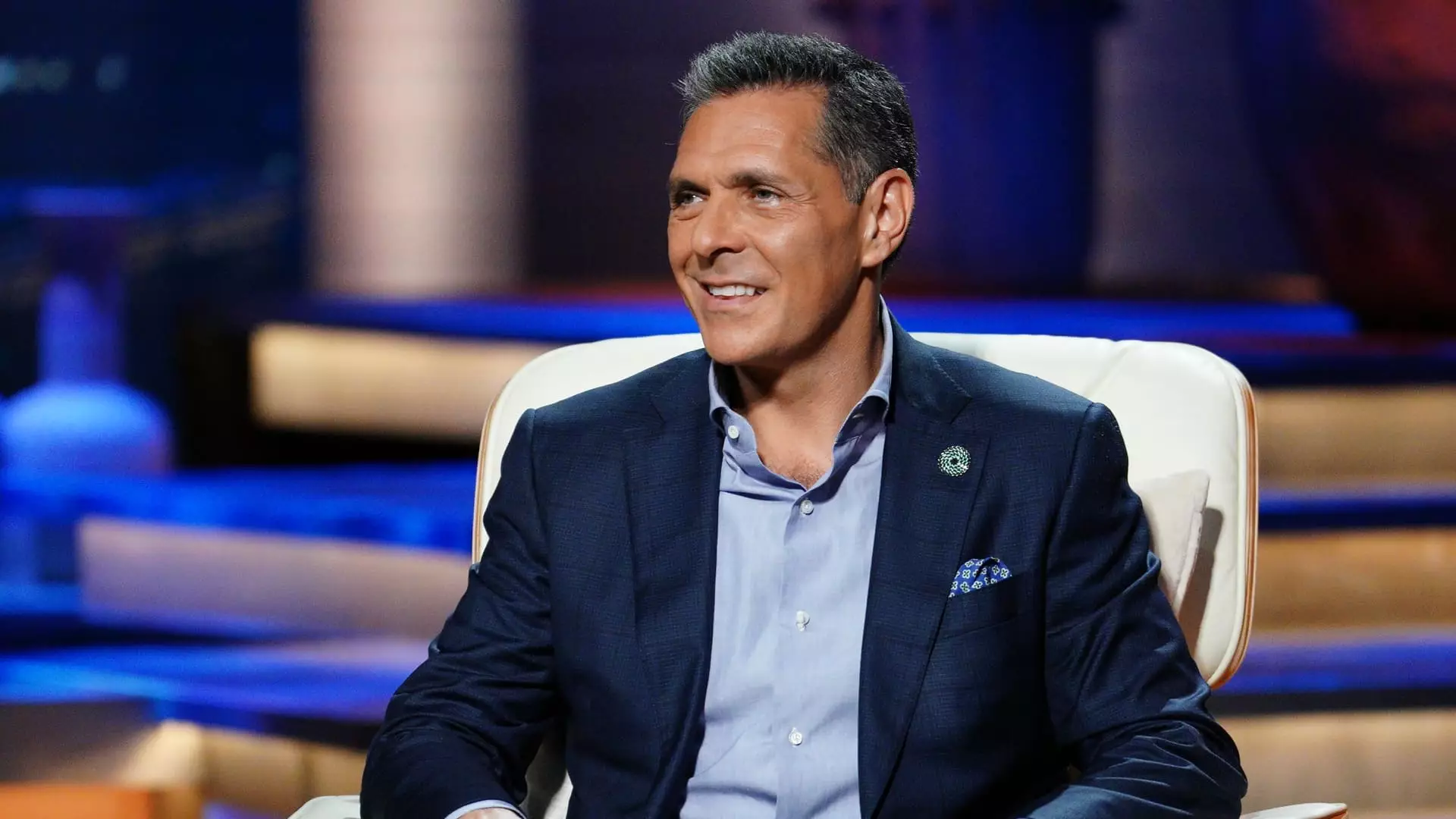The narrative surrounding wealth accumulation in America often highlights the archetype of the self-made billionaire who transforms a simple idea into a multi-billion dollar enterprise. Daniel Lubetzky, founder of the widely recognized Kind snack bars, epitomizes this journey. Having sold a controlling stake in his company to Mars in 2020, Lubetzky represents a new class of entrepreneurs seeking to leverage their riches through family offices. While the origins may spring from consumer packaged goods (CPG), there’s a noteworthy shift occurring within these entities, which should compel us to rethink our assumptions about wealth management and investment strategies.
One cannot ignore the mechanical evolution of ventures tied to a firm’s inception. Modern family offices, often dynamically linked to their founder’s early successes, are now diversifying their portfolios beyond traditional parameters. Lubetzky’s Camino Partners, established in 2023, illustrates this shift by embracing a broad spectrum of investments, from health and wellness chains like Barry’s to healthcare providers like LiveWell. The question arises: should we commend this diversity, or does it run the risk of diluting the entrepreneurial spirit that initially fueled these brands?
The Allure of Consumer Health: Understanding the Investment Paradigm
Investing in consumer health has fundamentally changed the landscape of American entrepreneurship. Lubetzky’s perspective, articulated through his investment firm’s president Elle Lanning, reflects a keen understanding of what drives consumer needs: educational and availability waves that shape health consciousness. The evolution from nutritious snacks to holistic wellbeing via fitness and healthcare resonates with a generation increasingly concerned about longevity and lifestyle. But who benefits from this paradigm shift?
On one hand, we can celebrate the growing interest in health and longevity; it’s a shift that capitalizes on an essential societal need. On the other hand, one must consider the implications of directed investments concentrated on trending sectors. Are these family offices drifting away from their entrepreneurial roots simply to chase fleeting trends in an increasingly volatile market?
Consider the diversification at play. Competitors in the snack industry, like RXBar’s Peter Rahal, have similarly ventured into technology and environmentally friendly products, indicating an emerging trend of cross-industry investments. Here lies the paradox: when successful entrepreneurs pivot into other fields, are they innovating or jumping ship from their core competencies?
The Investments You Can’t Afford to Ignore
The decision-making process behind investing in established businesses versus nurturing nascent ideas also raises critical concerns. Lubetzky’s transitional strategy—from favoring early-stage investments to targeting companies with solid revenue streams—underscores a pragmatic approach steeped in market realities. However, this pivot raises questions about the vision, agility, and adaptability fundamental to successful entrepreneurship.
Investment in early-stage companies, while fraught with uncertainties, inherently fosters a culture of grassroots innovation. If family offices shed their innovative mantle in favor of established brands with cash flow, are they inadvertently stifling the next big ideas that could revolutionize the marketplace?
Furthermore, the dilemma of stewardship comes to fore; as Lanning astutely pointed out, acknowledging a failing venture is akin to bearing witness to a living organism declining. If billionaires adopt a detached view of their investments, does it not risk dehumanizing the very entrepreneurial spirit that sparked their initial endeavors?
Consulting Experts: A Double-Edged Sword
When shifting focus to industries like aerospace or deep tech through fund managers, one must weigh the merits of employing experts against the risk of forfeiture of personal vision. This outsourcing of strategic decisions may serve short-term interests but undermines the personal touch and insight that drove the original business success. After all, the founding ethos brings a unique perspective that no analyst can replicate.
In an age where direct engagement often reveals more than analytical reports, there’s an argument to be made for staying close to the heartbeat of one’s investments. Perhaps the wealthiest entrepreneurs would serve not only their financial interests but also broader societal values by infusing their principles into these burgeoning fields.
This is more than merely a business strategy; it’s about forging a legacy that endures beyond immediate fiscal goals. For infused passion, sustained perseverance, and innovative thinking are the true hallmarks of enduring wealth.

